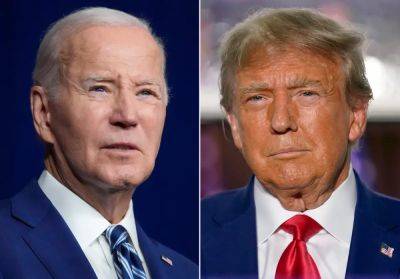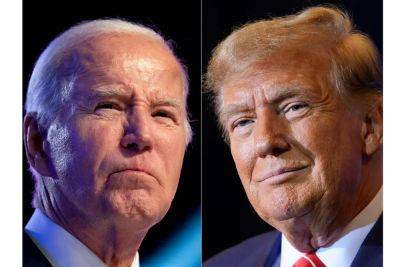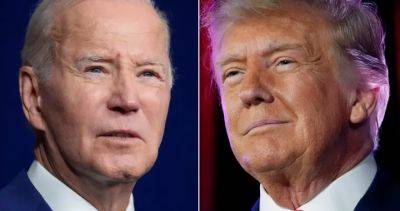Why Trump and Biden Can’t Clinch Nominations on Super Tuesday
Super Tuesday will not make President Biden or former President Donald J. Trump a presumptive party nominee, as defined by locking up a majority of the delegates available nationwide.
But they are likely to come fairly close, setting themselves up to secure the nominations mathematically in the next two weeks.
On the Republican side, Mr. Trump needs 1,215 delegates, and he currently has 273. With 854 available on Tuesday across the 15 states holding Republican contests, he cannot reach that threshold even if he secures all of them. Nine more delegates are available on Friday, from American Samoa, but that will not get him there, either.
But if he wins the lion’s share of the delegates up for grabs, as polls suggest is likely, he will be positioned to secure the nomination on March 12 (when Georgia, Hawaii, Mississippi and Washington State have Republican contests) or March 19 (when Arizona, Florida, Illinois, Kansas and Ohio vote).
On the Democratic side, Mr. Biden needs 1,968 delegates, and he currently has 206. He cannot secure his nomination on March 12 even if he sweeps the board, but he is poised to do so on March 19.
That it is mathematically possible for Mr. Trump to reach the threshold before Mr. Biden does not offer insight into their respective strengths in their parties. That timeline is simply a result of Republicans’ and Democrats’ different processes and delegate allocations.







